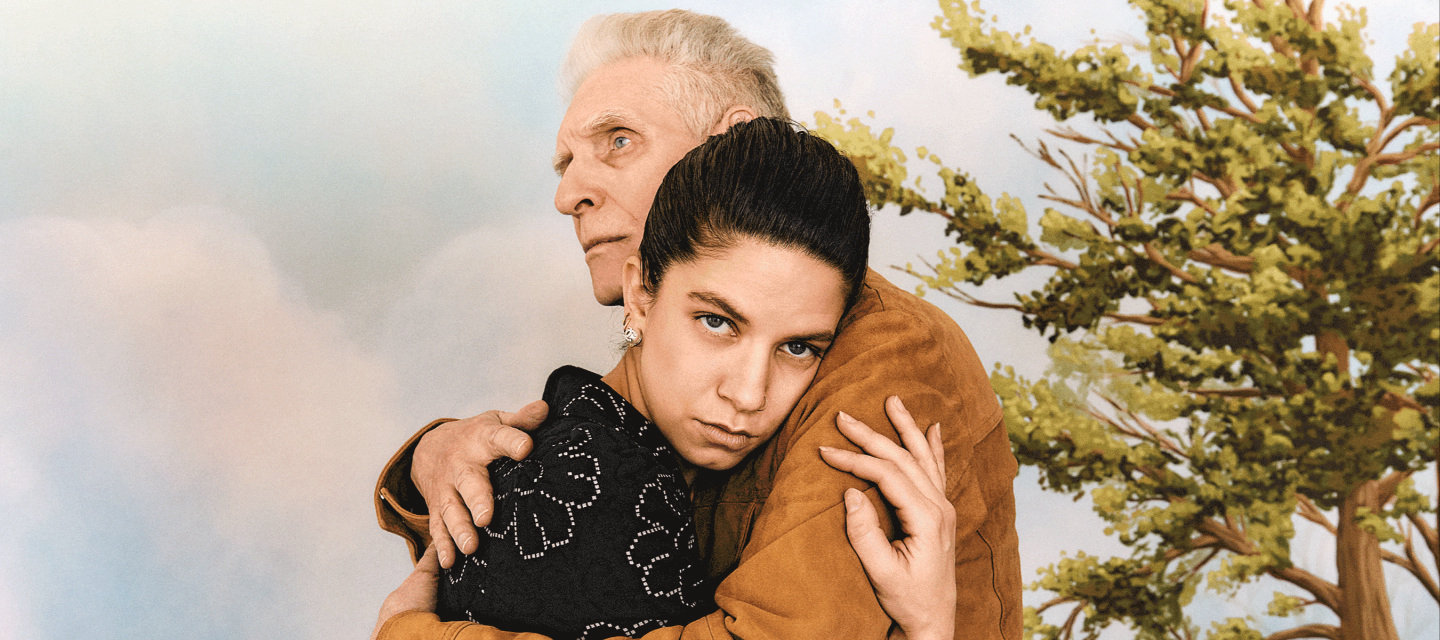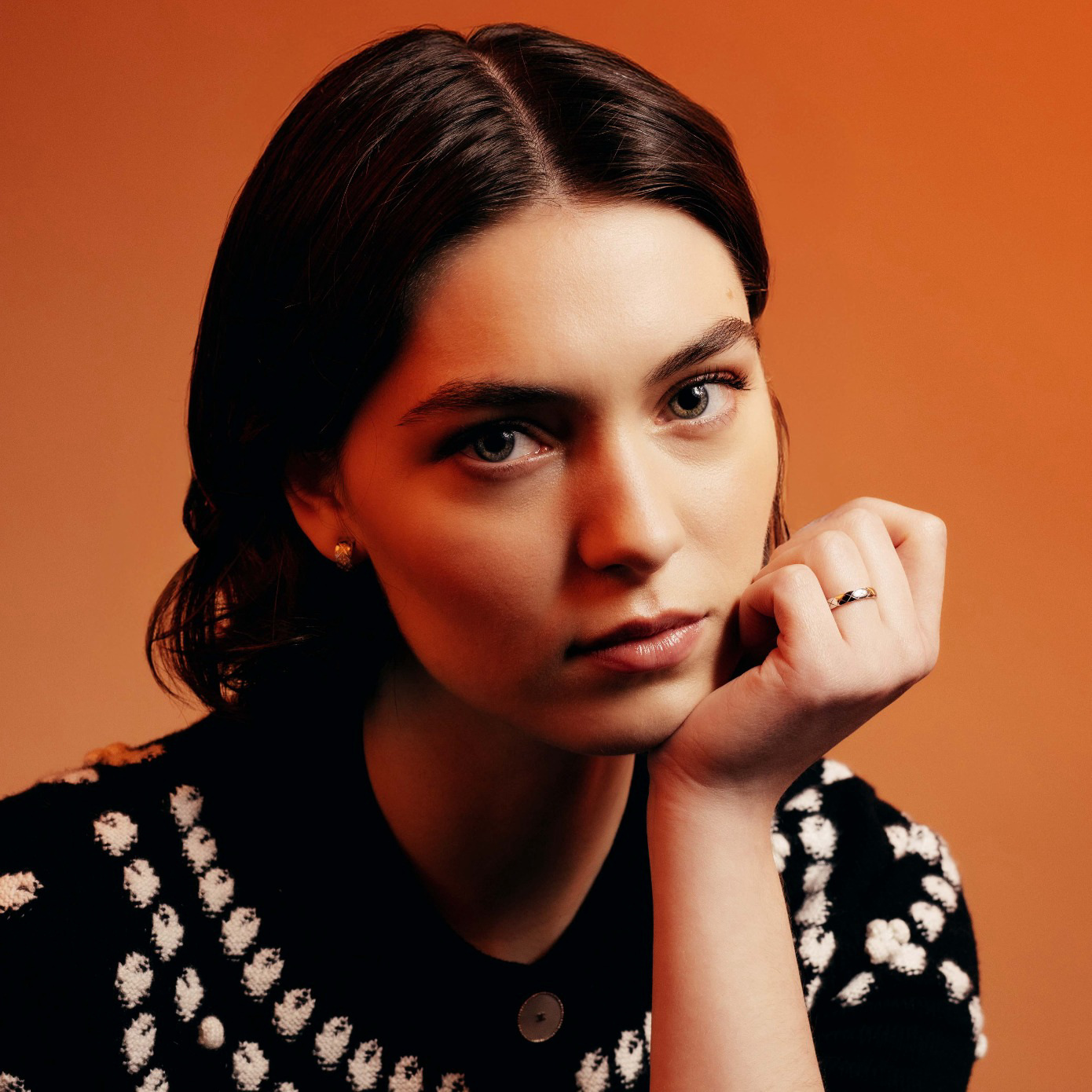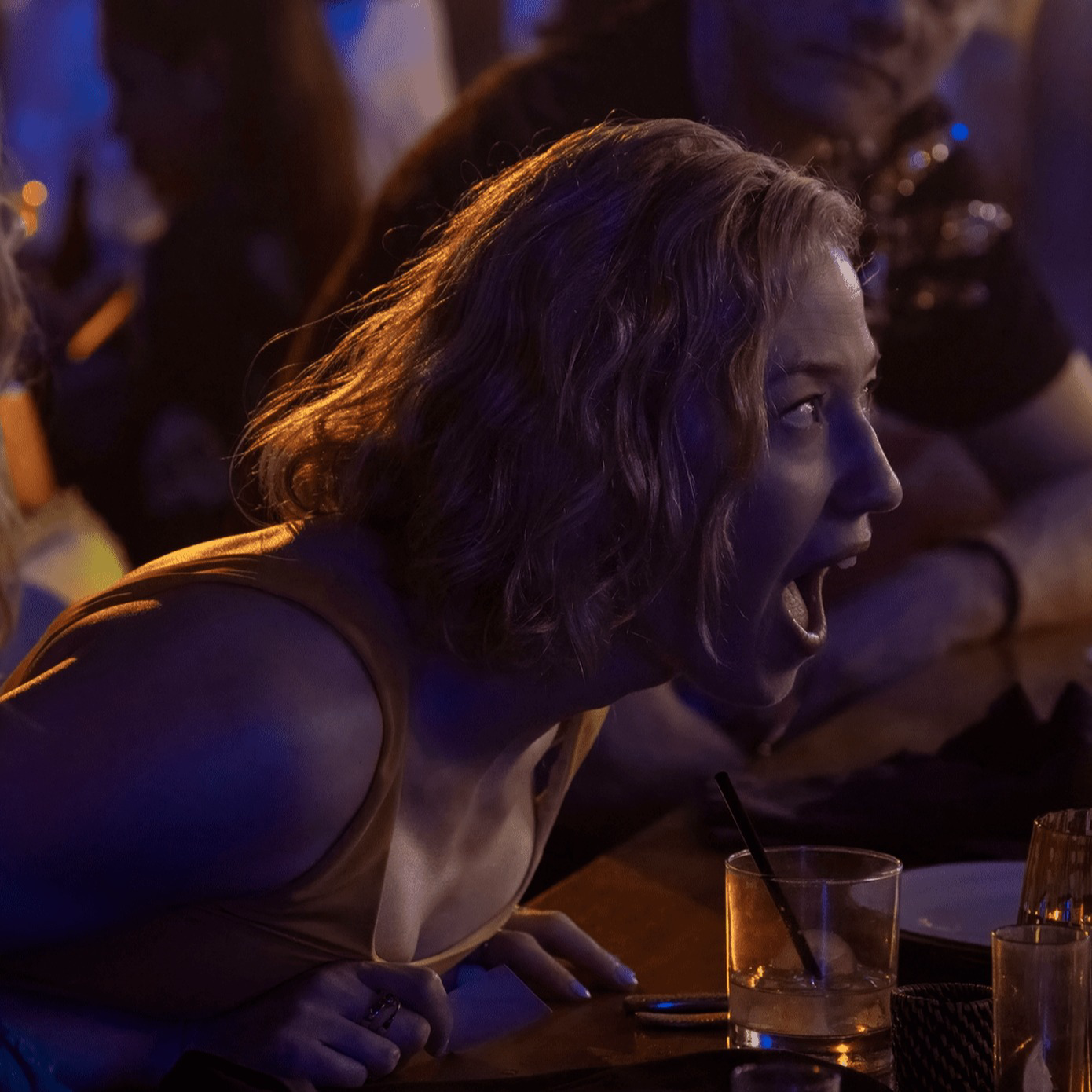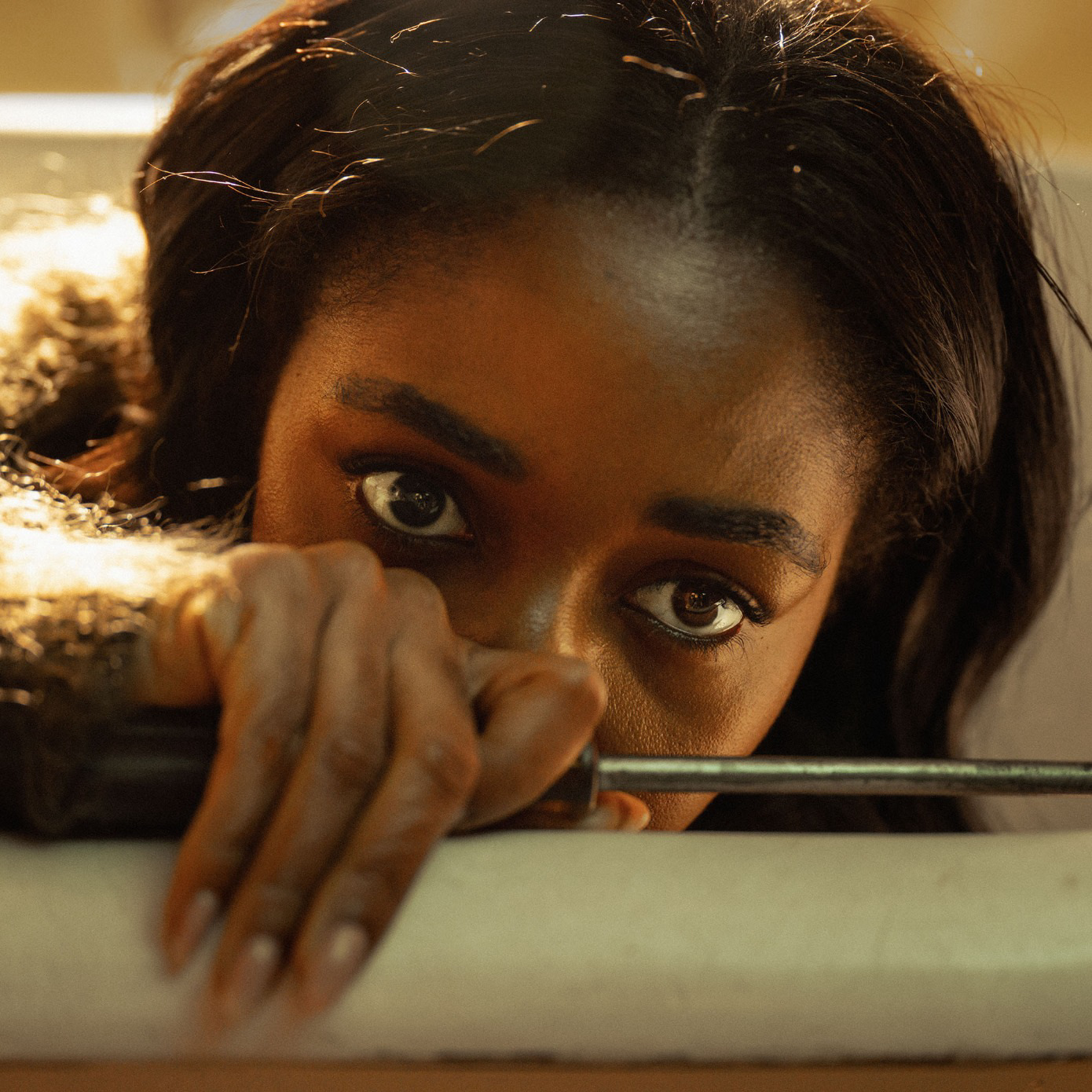Some argue that your creative vision is heavily inspired by those with whom you surround yourself. David and Caitlin Cronenberg, Canadian creative royalty, approach their mediums with the same amount of dedication and precision, yet infuse them with different perspectives. David, the 78-year-old film screenwriter, director and sometimes actor, is a pioneer of the body horror genre, one that deeply explores the transformation of the physical and psychological. Having grown up exposed firsthand to her father’s oeuvre, 37-year-old Caitlin—or Cait as David refers to her—took her creative endeavors in her own direction. She is recognized for her narrative-driven editorials, filmmaking and her recent dive into the world of NFTs. Inspired by the Proust questionnaire—with our own spin—father and daughter answer the same set of questions, establishing that creativity can be shared through bloodlines.
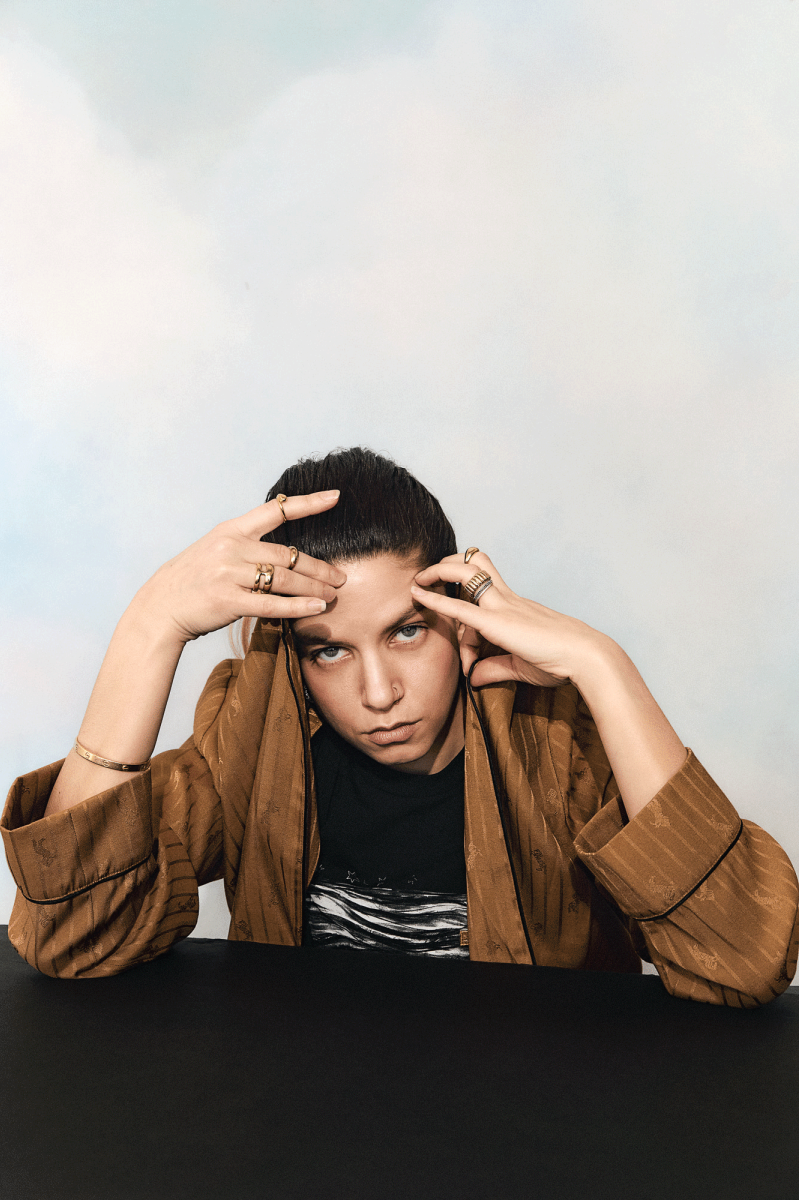
Caitlin Cronenberg
Yale Breslin: How has your approach to your craft changed and evolved over the last two years?
Caitlin Cronenberg: In the last two years, I’ve had a second child and had to completely pivot the way everything is done because of the pandemic. It’s been a very interesting time. Really the way I work is constantly changing as I am constantly trying to challenge myself to do new things, take on new kinds of projects and evolve as an artist and person. When I started I was a photographer, now I am also a business owner, wife, mother, filmmaker, author, screenwriter, fine artist, and crypto enthusiast. Ever since I was a child I have always had my hand in a lot of different pots. Every day I am doing more and more things and learning more and more things and it is exhilarating and exhausting all at once.
YB: What excites you about having your father as a sounding board?
CC: To be perfectly honest I don’t really use him as a sounding board too often. We both have so much going on that we don’t usually stop to run things by each other. Though we do like to give each other updates on our various projects.
YB: What's the biggest creative lesson you've taken from your father and applied to your artistic expression?
CC: The greatest lesson has been to love what you do. Put all of yourself into your work and do not compromise your creative vision because other people think you should. He has always been his own biggest supporter and you need to do that for yourself when you are in this industry. You will have champions but you need to have your own back. Also, to respect everyone along every step of the process, because everyone is important. And don’t be afraid to let your weird show.
YB: What's the most fulfilling thing about your craft?
CC: I’m fulfilled because I’m never bored. I can learn and create a new thing every single day doing what I do. I also love working and collaborating with people who are amazing artists and minds. Working hard makes me who I am. I’m addicted to it. I love creating new things and love that I can never be finished learning and creating.
YB: What excites you? What terrifies you?
CC: It is exhilarating to create something new and share it with the world. It is also the most terrifying thing to share new work with the world because you are constantly exposing your most vulnerable self.
YB: How does your father push you forward?
CC: By giving me space.
YB: When it comes to you showing your father your latest work or project, how do you feel in the moments before the reveal?
CC: I think you might overestimate my showmanship here [laughs]. I take a lot of pride in my work and I don’t usually feel any sort of nervousness when I share it with anyone I’m close to. I’m sure that when I have the first cut of my feature film done I will be a bit nervous to show him, but that will be true of anyone! With my photography I feel very confident in my own eye and I don’t usually doubt myself. With filmmaking I guess I’ll find out how much input I want from outside sources!
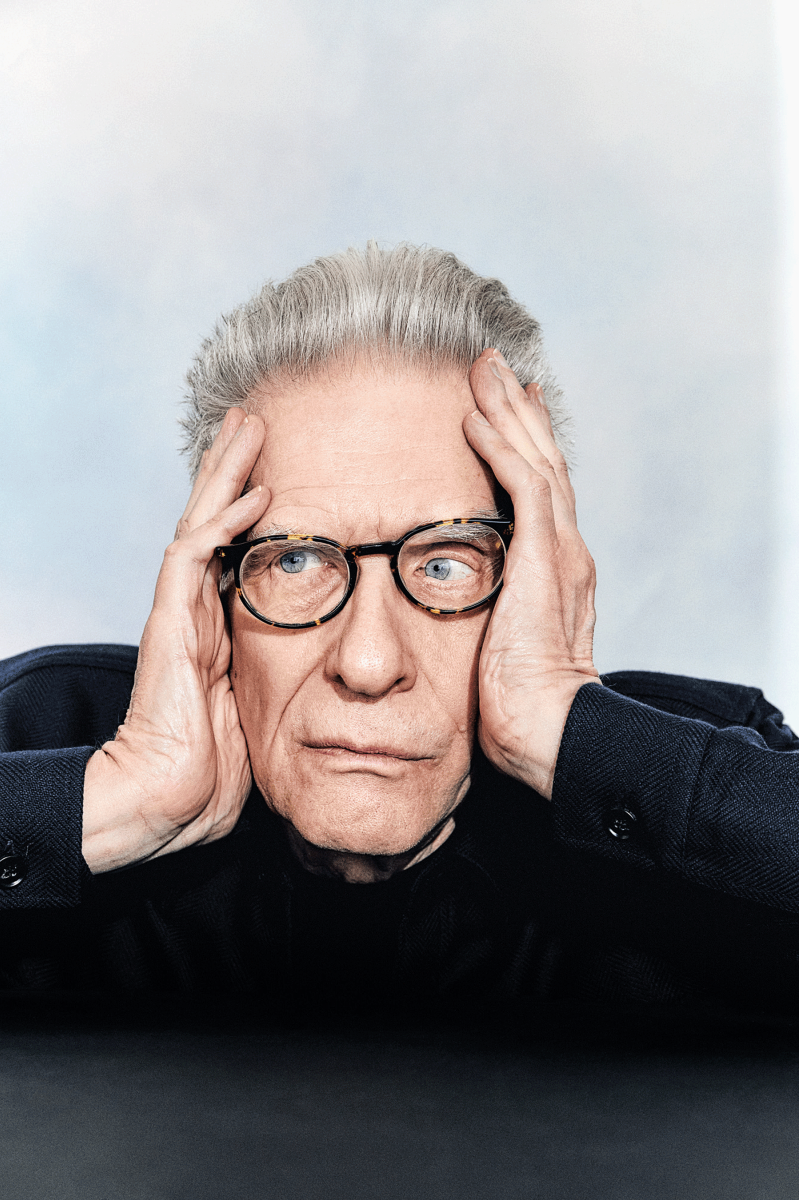
David Cronenberg
Yale Breslin: How has your approach to your craft changed and evolved over the last two years?
David Cronenberg:
I wasn’t sure how I would react to directing a movie again after close to eight years away from moviemaking, but I have to say that, despite advances in digital technology and remote working and the awkwardness imposed by our strict on-set Covid protocols while shooting my new movie, Crimes of the Future, it felt the same as always to me. The art and craft of filmmaking has not changed for me.
YB: What excites you about having your daughter as a sounding board?
DC: Although I have been working with computers since Cait was born in 1984, her approach to computing, especially in terms of photography and the visual arts in general, is much more natural and current than mine. And of course, she is a very socially connected young woman and I am not. (I’m not on any social media—I don’t want to be that accessible; I’ve always had reclusive tendencies.) I have a good idea of what my contemporaries might think of any new film or video projects I might be involved with, but Cait has her finger on the pulse of a younger audience that I would otherwise only be guessing about. And of course, she is also a member of that audience herself. I depend on her to let me know what’s really going on!
YB: What's the most fulfilling thing about your craft?
DC: Creating a living, pulsing creature that didn’t exist before. It’s the next best thing to having a kid.
YB: What excites you? What terrifies you?
DC: Everything excites me. Existence is overwhelmingly exciting and astounding in every detail. Nothing terrifies me.
YB: How does your daughter push you forward?
DC: She seems to think I’m still a viable creative force. Despite my occasional doubts on that score, I can’t bear to disappoint her.
YB: When it comes to you showing your daughter your latest work or project, how do you feel in the moments before the reveal?
DC: It’s never quite that dramatic. And I don’t assume that she’ll want to see everything that I create. There’s a sensitivity there that partly comes from our shared history, partly from her personal taste. I let her come to me with her reactions, and if there are no reactions, that’s fine too.

